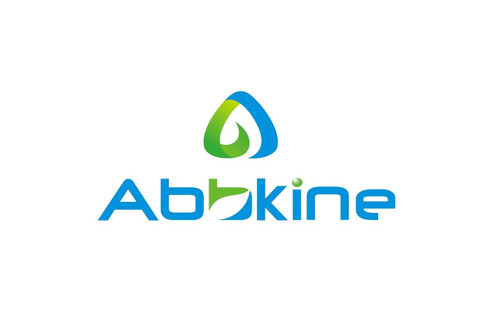Product Description
Rat Anti-gonadotropin-releasing hormone receptor antibody (GNRHR-Ab) ELISA Kit | AE62717RA | Abebio
Species Reactivity: Rat (Rattus norvegicus)
Abbreviation: GNRHR-Ab
Alternative Name: N/A
Application: ELISA
Range: Request Information
Sensitivity: Request Information
Intra-Assay: ≤5.4%
Inter-Assay: ≤10.4%
Recovery: 0, 92
Sample Type: Serum, Plasma, Other biological fluids
Detection Method: Competitive ELISA
Analysis Method : Qualitative
Test Principale: This assay employs the competitive enzyme immunoassay technique. The microtiter plate provided in this kit has been pre-coated with an antibody specific to GNRHR-Ab. Standards or samples are then added to the appropriate microtiter plate wells with a Horseradish Peroxidase (HRP) -conjugated GNRHR-Ab and incubated. The competitive inhibition reaction is launched between with HRP labeled GNRHR-Ab and unlabeled GNRHR-Ab with the antibody. A substrate solution is added to the wells and the color develops in opposite to the amount of GNRHR-Ab in the sample. The color development is stopped and the intensity of the color is measured.
Product Overview: The gonadotropin-releasing hormone receptor (GNRHR), is a member of the seven-transmembrane, G-protein coupled receptor (GPCR) family. It is expressed on the surface of pituitary gonadotrope cells as well as lymphocytes, breast, ovary, and prostate.This receptor is a 60 kDa G protein-coupled receptor and resides primarily in the pituitary and is responsible for eliciting the actions of LHRH after its release from the hypothalamus. Upon activation, the LHRHr stimulates tyrosine phosphatase and elicits the release of LH from the pituitary. Evidence exists showing the presence of LHRH and its receptor in extrapituitary tissues as well as a role in progression of some cancers.
Stability: The stability of ELISA kit is determined by the loss rate of activity. The loss rate of this kit is less than 5% within the expiration date under appropriate storage condition. The loss rate was determined by accelerated thermal degradation test. Keep the kit at 37°C for 4 and 7 days, and compare O.D.values of the kit kept at 37°C with that of at recommended temperature. (referring from China Biological Products Standard, which was calculated by the Arrhenius equation. For ELISA kit, 4 days storage at 37°C can be considered as 6 months at 2 - 8°C, which means 7 days at 37°C equaling 12 months at 2 - 8°C) .
 Euro
Euro
 USD
USD
 British Pound
British Pound
 NULL
NULL








